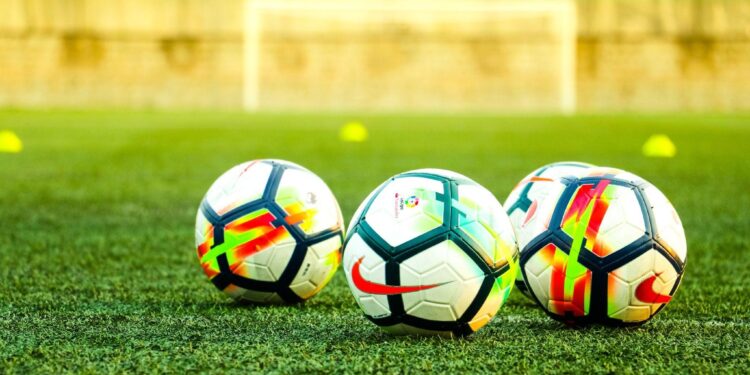Football and gambling have become inseparable, with the sport heavily reliant on betting-related revenue, according to a BBC report in March.
Global companies have recognised its advertising potential as the Premier League has evolved into the UK’s most prominent sporting export. In the current 2022/23 season, eight out of 20 Premier League shirts are sponsored by gambling companies, showcasing their significant presence.
While these gambling companies sponsor UK football teams, they primarily target international markets. Bettors around the world process this information to find the best sports betting place to support their favourite teams.
Most of these firms, including sportsbet.io, operate under the same company, TGP Europe, which holds the licence and leases rights to these brands through white-label agreements.
However, the Gambling Commission emphasises that compliance remains the responsibility of the licence holder and cannot be transferred to third parties.
Even though campaigners are pushing for changes to gambling laws to break this connection, it’s uncertain whether the government will take substantial action. The Premier League, for instance, might consider banning gambling firms from the front of shirts while allowing other forms of advertising to continue.
A fresh revenue stream
Despite some controversy surrounding gambling sponsors in football, the financial incentives often outweigh the concerns. Smaller clubs, like Aston Villa, have justified their gambling sponsorships by citing the financial benefits they provide, as such deals offer significantly higher sums compared to non-gambling sponsors, even though they may attract criticism from fans and advocacy groups.
However, the UK government is contemplating a potential ban on gambling sponsorship in football as part of its Gambling Act review.
English Football League (EFL) chairman Rick Parry warns that a betting sponsorship ban could be the deciding factor for some clubs’ survival, as finding new sponsors in the current climate is challenging. Such a ban could cost the EFL £40 million annually in lost revenue.
Shirt sponsorship is particularly lucrative for lower-tier Premier League and Championship clubs. Some deals are even worth up to £5-£6 million per season.
Additionally, while eight Premier League clubs have betting firms on their shirts, 17 have betting partners that advertise across various platforms, including pitch-side advertising, training kits, and social media.
The EFL argues that there is “no evidence” that advertising increases problem gambling, based on research commissioned for their submission to the review, which revealed 245,000 problem gamblers in England according to a 2018 study by NHS Digital.
Similarly, the Nigerian sports betting industry also holds the potential to boost interest and investment in sports development, given the country’s large population and youthful demographic.
Betting is considered by some as a means to drive growth in the industry, with the potential to increase attendance, viewership, and sponsorship opportunities, as well as generate government tax revenue for sports facility development.
However, the risks of gambling addiction may come at a significant human cost. In addition, the growth so far is not showing a very positive outcome.
While the Draft 2020 National Sports Industry Policy estimated substantial economic benefits, including billions in annual revenue and job creation, the sports sector currently contributes less than 1% to Nigeria’s GDP.
Further growth
Despite the relatively small contribution, sports betting can provide more enhancements to the country’s sports community.
As sports betting becomes more popular, betting companies may invest in sponsorship deals with local sports teams and organisations.
Sports betting companies can also provide financial incentives for individuals to engage in sports, leading to more grassroots participation.
Recently, Austin Eguavoen, the Technical Director of the Nigeria Football Federation, and Daniel Amokachi, former Super Eagles Captain, also expressed a similar hope as they inaugurated a football tournament sponsored by a sports betting company in Lagos in September.
Eguavoen, a former Super Eagles player and coach, highlighted the significance of such sponsored tournaments in helping players showcase their talents and kickstart their careers.

















